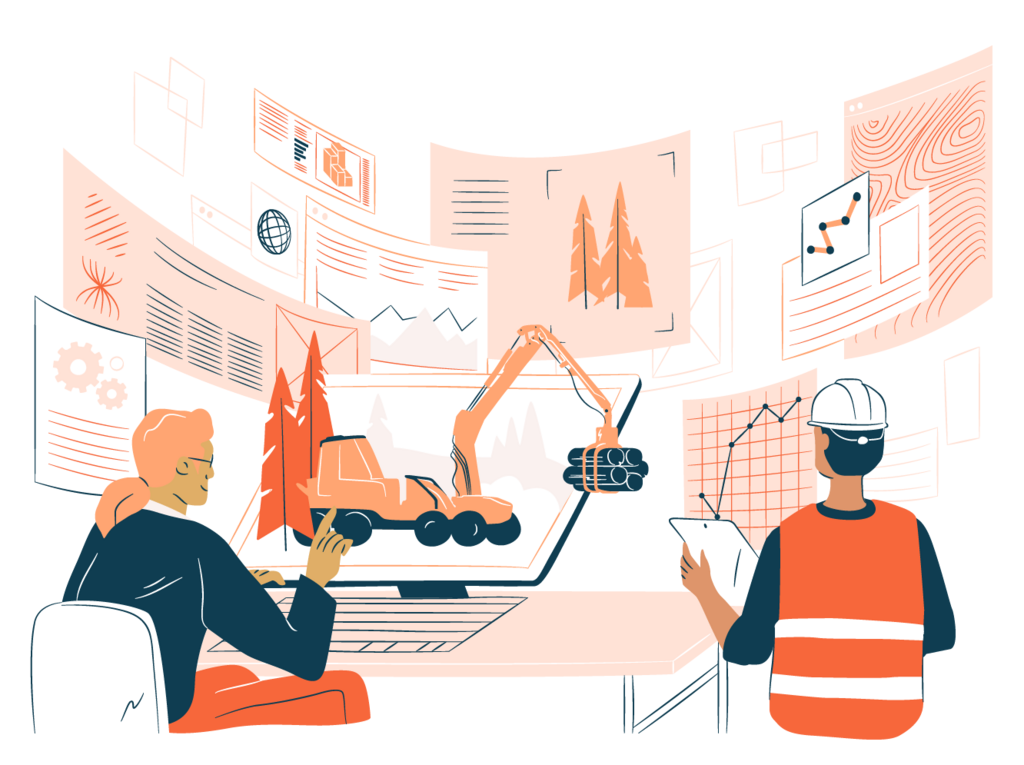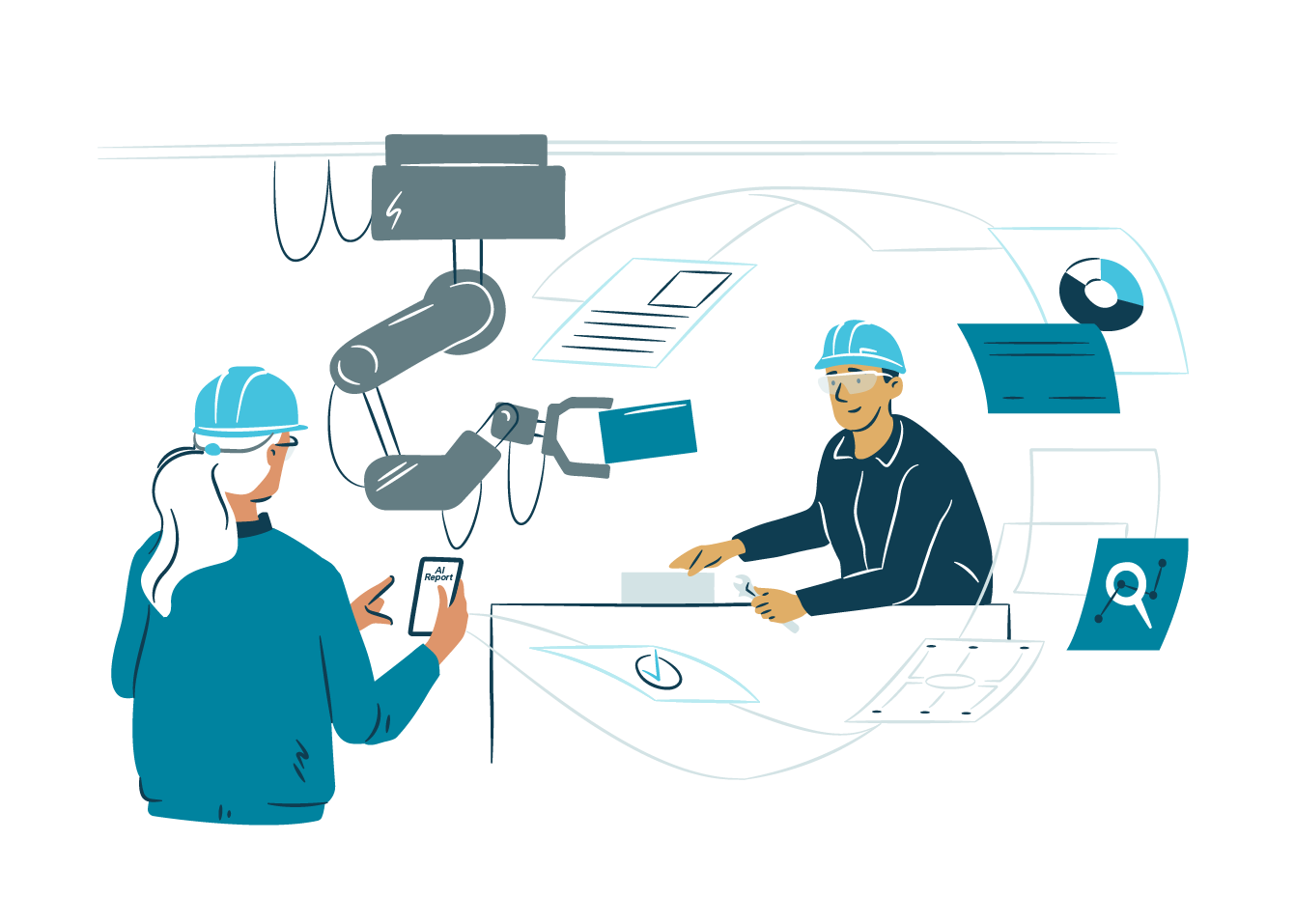Employee turnover in expert teams and the challenges it brings have traditionally been one of the constant headaches of expert organizations. When an expert leaves the organization, a lot of resources are used to find and train a new person. This may, in the worst case, take time away from development work. Especially sharing tacit information with new people is slow and difficult to measure.
One solution to the challenges of turnover is the decentralization of competence. When the team knows the entire project and is aware of its needs, the expertise of different people can be utilized more widely and the departure of one person doesn’t slow down operations. Changes are easier to control when the customer is well known in the team and it reduces the hassle and speeds up finding the most suitable person for work. Orientation of a new person does not take much of the project management’s resources or increase the time spent on management when the team can handle the orientation internally.
At Gofore, we call this model of decentralizing expertise as the Customer Team Model. A customer team means understanding and implementing the expertise of an entire team instead of individual experts. The team’s diverse experience with, for example, different customers and industries naturally bring new ideas and best practices to everyday work. In the Customer Team Model, the expertise of different people can be used efficiently as needed.
One of the most important factors of the Customer Team Model is psychological safety, in which case future changes are known early on, they can be prepared for in time and they can be managed in a controlled manner.
Together with the communications and digital service provider Elisa, we made a reference story sharing all the benefits of the Customer Team Model. Read it here:



